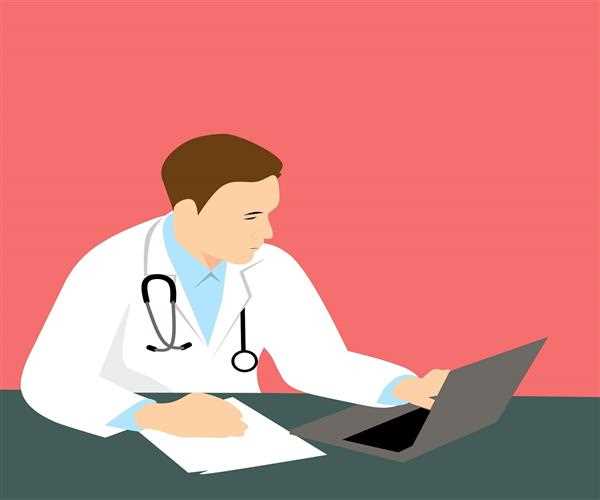Oncology is the study of cancer. An oncology cancer is treated by an oncologist who is a doctor providing treatment for cancer. The field of oncology has three major areas which are given below:
Medical: A medical oncologist treats cancer using chemotherapy or other medications such as targeted therapy or immunotherapy.
Surgical: A surgical oncologist removes the tumor and nearby tissue during surgery. He or she also performs certain types of biopsies to help diagnose cancer.
Radiation: A radiation oncologist treats cancer using radiation therapy.
Some of the other types of oncologists are:
- A gynecologic oncologist treats gynecologic cancer such as uterine, ovarian, and cervical cancers.
- A pediatric oncologist treats cancer in children. Some types of cancer occur most often in children and teenagers and they are brain tumors, leukemia, osteosarcoma and Ewing’s sarcoma. These might also occur in adults and they might work with a pediatric oncologist to get it treated.
- A hematologist-oncologist diagnosis and treats blood cancers – leukemia, lymphoma, and myeloma.
The role of Oncologist:
An oncologist manages a patient’s care throughout the course of the disease. Right from diagnosis, his role is:
- Explaining the cancer diagnosis and stage
- Talking about all treatment options and his or her preferred choice
- Delivering quality and compassionate care
- Helping a patient manage the symptoms and side effects of cancer and cancer treatment
Different types of doctors often work together to create the overall treatment plan for the patient that comes with different types of treatments. For example, the patient might have to be treated with a combination of surgery, chemotherapy and radiation therapy and this is called a multidisciplinary team. Apart from this, a cancer care team also needs a variety of health care professionals such as:
- Pathologist: Read laboratory tests which include checking cells, tissues, and organs to diagnose disease
- Diagnostic Radiologist: Conducts imaging tests to diagnose disease i.e. X-rays or ultrasound tests.
- An oncology nurse
- An oncology social worker
Apart from the above, the team may also involve doctors from other areas of medicine. For instance, a dermatologist – a skin specialist – may help in treating skin cancer. Sometimes a person’s cancer diagnosis is complex. In this case, the patient’s oncologist may ask a tumor board to review the case. This involves medical experts from all areas of cancer care who come together to decide on the best treatment plan.
So far, medical oncologists have focused their practice on cancer treatment, managing patients with established malignancies, mainly intervening to slow or reverse cancer. Cancer management has grown to encompass new tools and concepts, as managing lesions at increasingly early stages will help shape the future role of medical oncologists. Medical oncologists have also gained substantial experience in randomized controlled trials designed to reduce the risk of primary and second primary tumors and in treating or preventing premalignant conditions.
The worst cancer which affects women is the breast cancer and treatment of breast cancer in India has reached its advanced level and the best treatment is provided by many leading hospitals in India.




Leave Comment